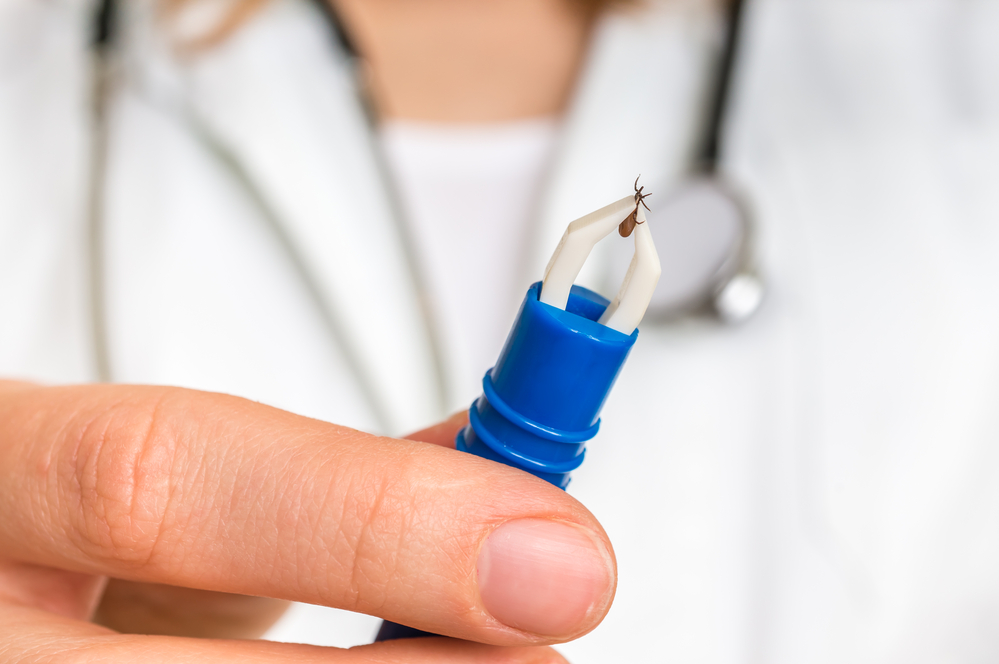Ticks are small, parasitic arachnids that feed on the blood of animals, including humans. While not all tick bites result in illness, some species of ticks can transmit serious diseases, such as Lyme disease, Rocky Mountain spotted fever, and tick-borne encephalitis.
As the weather warms up, it’s important to take steps to prevent tick bites and know what to do if you get bitten. Here are some tips to help you stay safe this tick season:
Tick Bite Prevention:
- Wear protective clothing: When spending time outdoors, wear long-sleeved shirts, long pants, and closed-toe shoes. Tuck your pants into your socks or boots to prevent ticks from crawling up your legs.
- Use insect repellent: Apply an insect repellent that contains DEET or picaridin to exposed skin and clothing. Be sure to follow the instructions on the label and reapply as needed.
- Stay on the trail: Stick to well-traveled paths when hiking or walking in wooded areas.
- Check for ticks: After spending time outdoors, check yourself, your kids, and your pets for ticks. Pay special attention to the hairline, underarms, and groin areas.
What to do if you get a tick bite:
- Remove the tick: Use fine-tipped tweezers to grasp the tick as close to the skin’s surface as possible. Pull upward with steady, even pressure, being careful not to squeeze or twist the tick. Wash the bite area with soap and water.
- Monitor for symptoms: Watch for symptoms of tick-borne illness, such as fever, headache, muscle or joint pain, or a rash. If you develop any of these symptoms, see a healthcare provider as soon as possible.
- Consider a tick kit: Tick kits are available at PharmaChoice pharmacies. These kits typically include a tick removal tool, antiseptic wipes, and a magnifying glass. Having a tick kit on hand can make it easier to remove ticks and reduce the risk of infection.
In some provinces, pharmacists can assess and treat tick bites. If you’re unsure about what to do after a tick bite, speak to a PharmaChoice pharmacist for advice. They can help you determine whether you need to see a healthcare provider and provide information on tick bite prevention.
Tick bite prevention is key to staying healthy this tick season. By taking simple steps to protect yourself, such as wearing protective clothing, using insect repellent, and checking for ticks, you can reduce your risk of tick-borne illness. If you do get a tick bite, be sure to remove the tick carefully and monitor for symptoms. Consider purchasing a tick kit from a PharmaChoice pharmacy to help make tick removal easier. Don’t hesitate to speak to a PharmaChoice pharmacist for advice on tick bite prevention and treatment.




